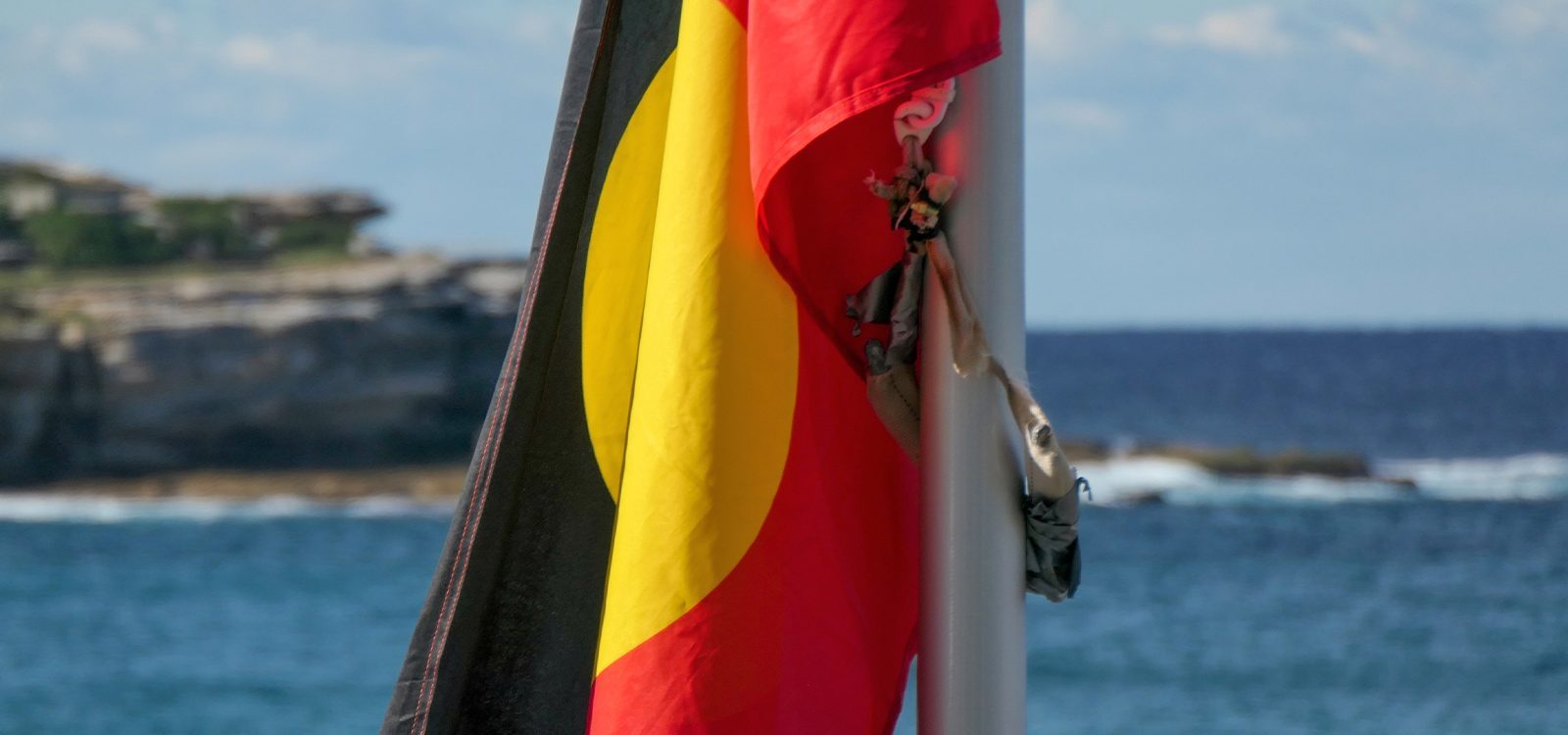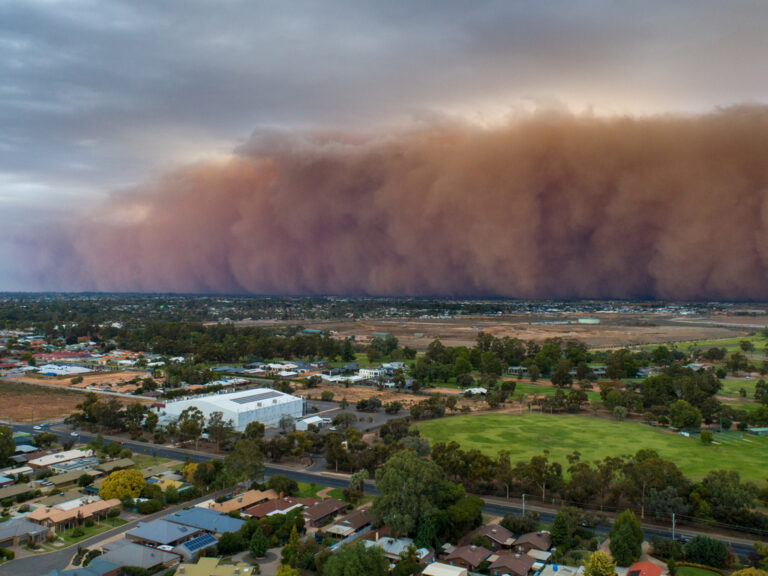
Rick Shaw: NAIDOC Week is a chance for honest discussion
NAIDOC (National Aborigines and Islanders Day Observance Committee) celebrates Aboriginal and Torres Strait Islander people and culture.
NAIDOC is a development from the Day of Mourning, a 1938 event that marked the 150th anniversary of the arrival of the First Fleet and the colonisation of Australia and became a week-long event in 1975.
There is a lot to celebrate. Aboriginal Australians are emerging from the shock of the last 200 years. Aboriginal culture is continuous and thriving, our practices are reviving, old ceremonies are being resurrected and revitalised, languages are being learned and spoken. Governments, private organisations, and people are looking at ways of returning land back to our ownership, or at least giving us access. Guided by the Uluru Statement from the Heart, Aboriginal people are looking to take our rightful place in Australia’s future. For us, we are meeting you as if for the first time, and this time our eyes are open.
But there are challenges, which provide a chance for honest discussion. Many Aboriginal people feel a cultural load in performing activities which are aimed at filling in the gaps of white consciousness. Real change requires non-Indigenous people to engage with the issues, which are complex, and to acknowledge the wrongs of the past through their actions today.
An actuary I have high regard for said to me a while ago that he didn’t agree that Aboriginal people should be treated differently from other Australians. That view is consistent with John Howard’s comment that “an undivided united nation does not make a treaty with itself”, that Australians want “all of us to be treated equally together as Australians and to have the same opportunities that the next person has”. It’s a commonly held view, consistent with traditional liberalism.
I can’t speak for anyone else, but I can talk to how that view feels for me. I wake up every day in a colony that dispossessed my people of our land. When I was born, I was not a citizen of the state I am expected to feel part of. At that time, terra nullius was an untested legal doctrine, and I had the same civic standing as fauna. To express Aboriginal culture, to speak Aboriginal language, was to risk getting banned from school, getting taken out of home, to being denied medical support and other benefits. Aboriginal kids grew up in fear, grew up feeling black and acting white, trying to fit in with an alien culture.
The required silence filled me with anger when I was younger, which is why much of my career has been overseas. As James Baldwin said in a similar context:
|
“To be a Negro in this country and to be relatively conscious is to be in a rage almost all the time. The first problem is how to control that rage so that it won’t destroy you. Part of the rage is this: it isn’t only what is happening to you, but it’s what’s happening all around you all of the time, in the face of the most extraordinary and criminal indifference, the indifference and ignorance of most white people in this country. Now, since this is so, it’s a great temptation to simplify the issues under the illusion that if you simplify them enough, people will recognise them; and this illusion is very dangerous because that isn’t the way it works.”
|
I want to resist the temptation to simplify, but speaking Aboriginal knowledge within contemporary organisations is challenging and highly stressful. A lot of self-censorship goes on because Aborigines are wary of talking frankly to people who patronise or dismiss us, or feel they can speak for us.
The truth is confronting. It’s tempting to offer ourselves a version of reality that’s bland and sugary. Take, for example, the ‘acknowledgement’ my kids give in school assembly: “Thank you Gadi people for sharing the land”, they say in unison. As if the land was simply shared, rather than stolen from murdered Gadi ancestors. Many organisations now offer ‘cultural competence’ training, delivered online in modules rewarded with certificates, which is an acknowledgement that learning is needed to overturn the silence. I hope such courses are leading to connection with the living people whose trauma is the subject of the training, who walk among you.
This is the nation in which I live today, a nation that has not matured from being a colony, which is stuck in the dynamic of the coloniser and colonised. It is this dynamic which allowed Juukan Gorge to be blown up, and the next one, and the next one. Isn’t this ancient and living culture in your midst your inheritance, as the Sydney Opera House and Egyptian pyramids are mine?
Leaving colonialism behind means we need to change our thinking. Does an English person moving to France expect the French to speak English, to eat meat pies, to start playing cricket? That is what happened here.
Aboriginal people have suffered trauma, and we are mending ourselves, which would be helped by you telling the truth and doing something about it. We want to share with you our knowledge of how to live in this beautiful and harsh land, and grow together past the past. We don’t want your charity, we want you to ask us how to look after the land and let us live our culture.
The actuarial profession’s challenge is to become an Australian profession, by taking the opportunity to find out ways the world’s oldest continuous culture can provide insights into the way we live and what we do in our work. I am guided by parallels between the Aboriginal custodial role in looking after the land and the role of actuaries in financial services. Climate change brings an existential challenge to us all, and there is a lot of work going on under the banner of Natural Capital Accounting to develop ways of measuring non-financial aspects of an eco-system. Such work requires judgement, and an understanding that any system is more than the sum of its parts and is ideal for actuaries. I have developed an Indigenous valuation approach based on actuarial techniques which I am hoping will be generally taken up.
I invite you to come and walk in my world. Many Australians like to think that Aboriginal culture is something you go to the Northern Territory to see, which saves them from confronting the fact that they live on Aboriginal land and from the greater challenge of looking into their own connection with the land they live on. I challenge my profession to lead in accepting our gift of culture and in paying the debt you owe to the people whose land you stand on. If you want to know how, I’m waiting to hear from you.
CPD: Actuaries Institute Members can claim two CPD points for every hour of reading articles on Actuaries Digital.






